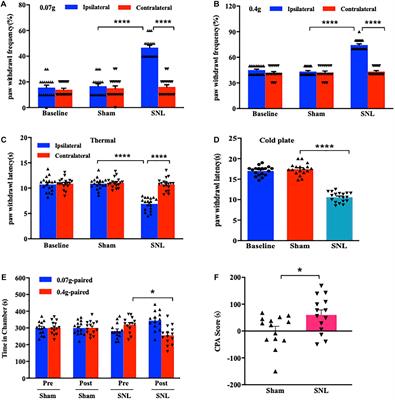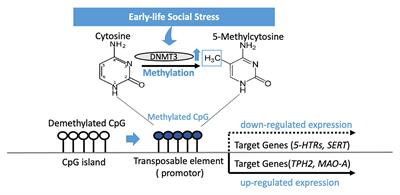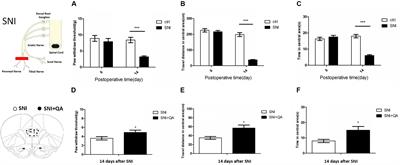EDITORIAL
Published on 15 Jul 2021
Editorial: Early Life Stress-Induced Epigenetic Changes Involved in Mental Disorders
doi 10.3389/fgene.2021.684844
- 5,258 views
- 6 citations
19k
Total downloads
92k
Total views and downloads
EDITORIAL
Published on 15 Jul 2021
ORIGINAL RESEARCH
Published on 07 Apr 2021

REVIEW
Published on 22 Jan 2021

ORIGINAL RESEARCH
Published on 14 Dec 2020

MINI REVIEW
Published on 07 Oct 2020

ORIGINAL RESEARCH
Published on 02 Oct 2020

MINI REVIEW
Published on 30 Sep 2020

REVIEW
Published on 08 Sep 2020

ORIGINAL RESEARCH
Published on 28 Aug 2020

ORIGINAL RESEARCH
Published on 31 Jul 2020

ORIGINAL RESEARCH
Published on 23 Jun 2020

